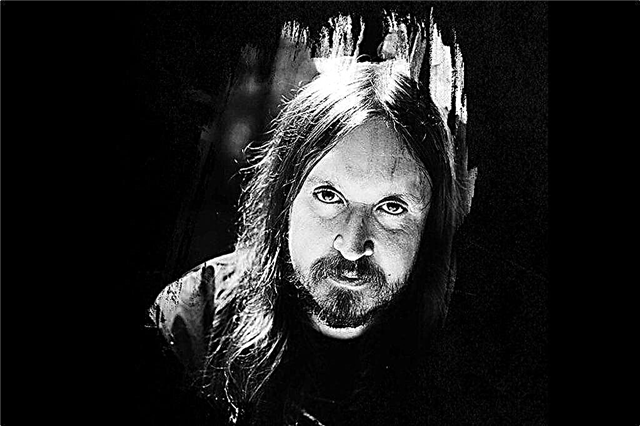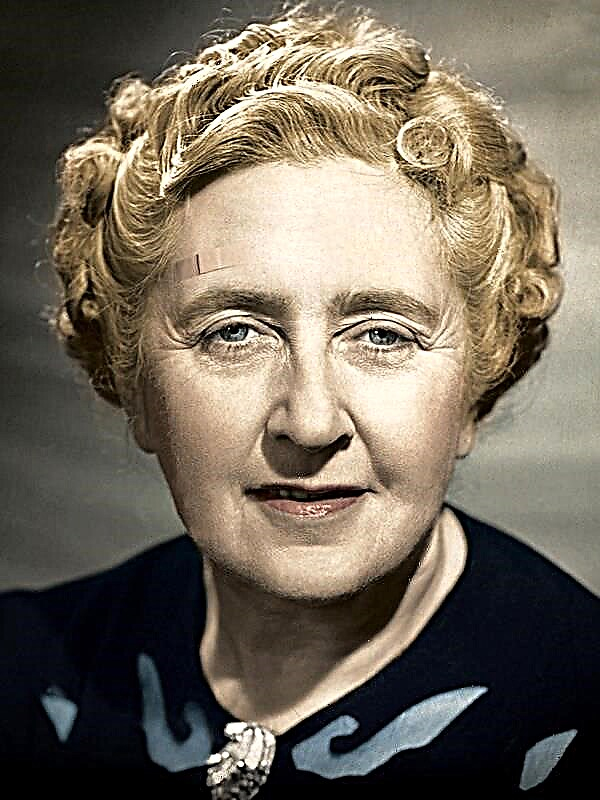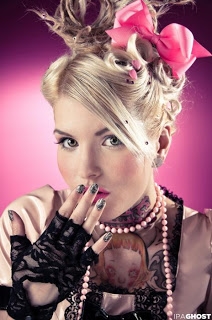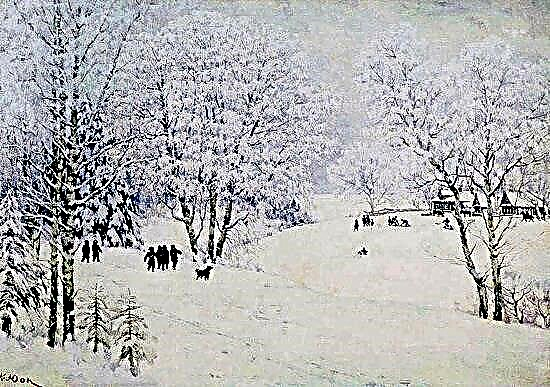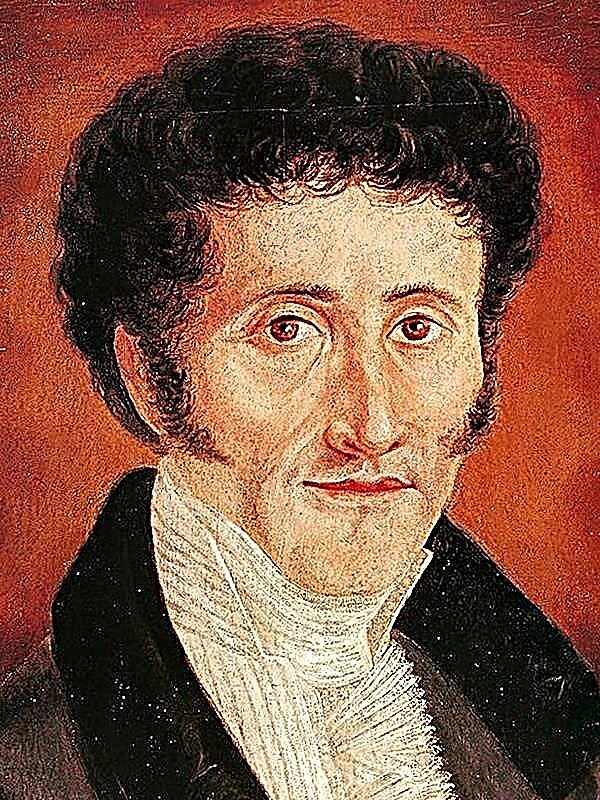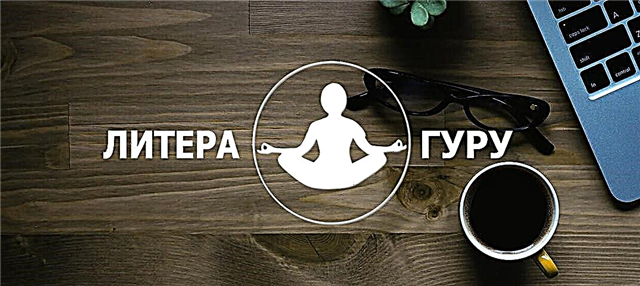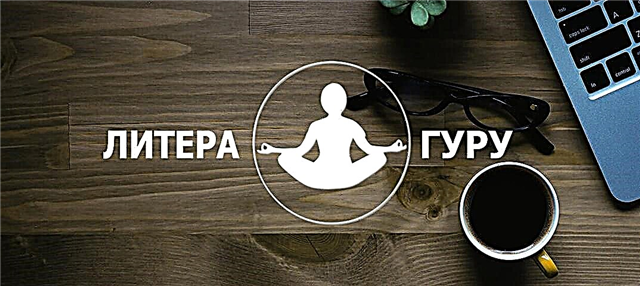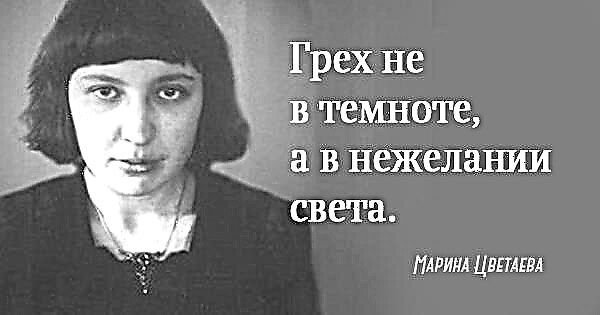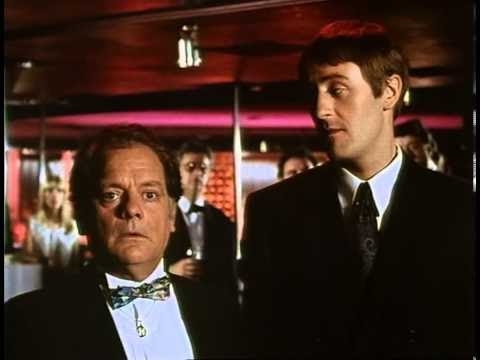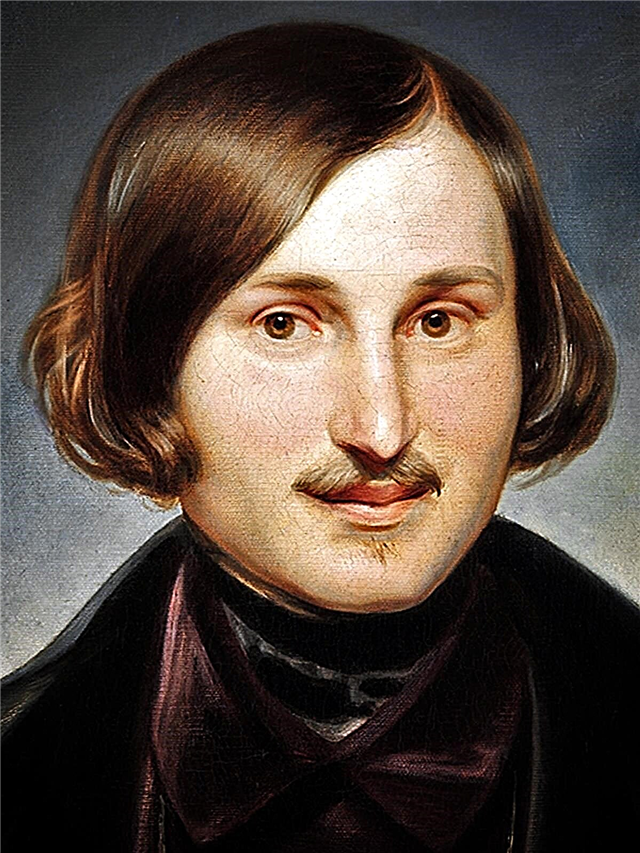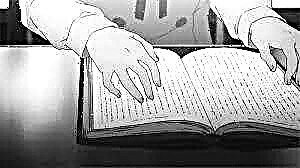(311 words) When we hear the word “hero”, we have certain associations with this word, and, as a rule, they are not particularly different for different people. Surely the majority sees the image of the defender of an entire nation, with all the qualities of a leader, genius, superman and national liberator. However, in the literature of the era of realism, the image of such an outstanding person is depicted with all the flaws, fears, thoughts, feelings, actions - true, wise, erroneous or fatal. Let us analyze this character type using the example of N. Gogol’s novel “Taras Bulba”
Rough, tough, chopping off the shoulder in all senses, considering himself worthy to defend Orthodoxy vehemently - perhaps this image fully corresponds to and complements with its existence the time that is mentioned in Gogol’s novel. Any hero of his time should, first of all, harmoniously fit into it. In 1637-38, in the context of the Cossack rebellion, his behavior and moods were dictated by circumstances. That is why I believe that the national hero is Taras Bulba, not for nothing that the author made his name in the title of the work.
The famous phrase "I gave birth to you ..." raises the question: how so? What kind of a national hero is he if he kills his son? However, in the framework of a bloody war, the Cossacks had the concepts of "friend - stranger", "hero - traitor", and the related factor played a lesser role. Andria's act for Taras is the height of betrayal; in war as in war. Therefore, he finds the strength to kill his own son and fulfills his duty to the motherland.
Even during the burning, he does not drop his face and until his last breath behaves with dignity, like a Cossack. This is a hero who is ready to die for his ideals and not at all regret it. So, the features of the national hero in the work “Taras Bulba” are as follows: decisiveness, courage, loyalty to ideals and valor in battle. Taras has a clear ideology, life position, for which he fights until the last breath.
Taras Bulba appears in the image of a national hero, because in the XVII century the Cossacks basically consisted of such ideas about the behavior and personality of a person that developed among people on the basis of a correct understanding of their time: we must fight and we must live.

